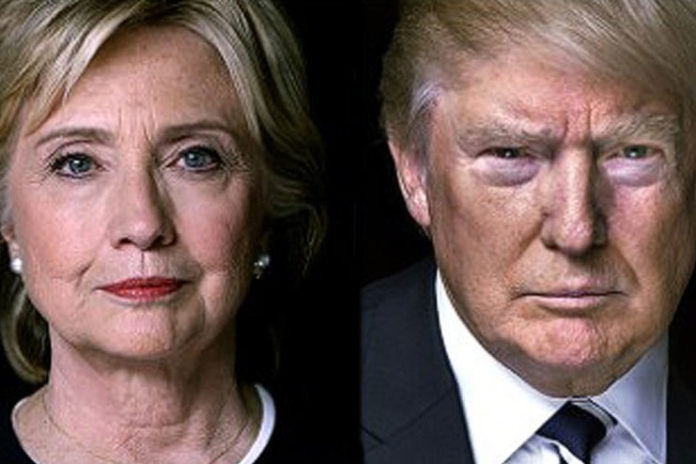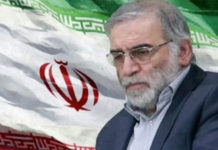Whoever becomes the new president of America, the United States will continue to meddle in the conflicts of the Middle East, analysts voices. Conflicts are increasing in Syria, Iraq, Yemen and Libya; major attacks have been happened in Tunisia, Turkey and Lebanon and an uprising has been brewed among the residents of the occupied West Bank, while Palestinians in Gaza have not yet begun to recover from the Israel’s 2014 bombing campaign.
“Obama’s legacy … is one of near-total failure,” Stephen Walt, an international affairs professor at Harvard’s Kennedy School said.
“A two-state solution between Israel and the Palestinians is further away than ever. Intervention in Libya and Yemen produced a failed state. Insisting that ‘Assad must go’ and backing other forms of intervention made the Syrian civil war worse,” he said.
“I believe Clinton will follow a similar policy to Obama’s, although she will try to look and sound tougher in doing it,” Walt added. “The main risk she faces is a slippery slope, whereby limited intervention in Syria or elsewhere gradually expands. With Trump, we have no idea whatsoever what he will do, and neither does he.”
“The idea that they’re at war with Islamic militants around the region means that [Trump] will not be at all shy about the use of US military force in the region, and that’s something we can unfortunately expect from both of these candidates,” said Abdullah Al-Arian, assistant professor of history at Georgetown University’s School of Foreign Service in Qatar.
“Because this type of warfare is not as spectacular or widespread as military interventions, we have largely ignored the normalcy that this breeds and the exceptionalism it engenders,” noted Samer Abboud, an associate professor of international studies at Arcadia University.
“Hillary Clinton has clearly signalled that she intends to intervene in a variety of different conflicts, not least of which is Syria – but at the same time, Trump has given us a tremendous amount of rhetoric as far as the idea of being in this perpetual war against ‘radical Islamic terrorism’,” said Abdullah Al-Aria.
“The idea that they’re at war with Islamic militants around the region means that he will not be at all shy about the use of US military force in the region, and that’s something we can unfortunately expect from both of these candidates,” Al-Arian said.
“The problems of the Middle East have gotten so bad that middle options, or limited options, aren’t going to work,” Kenneth Pollack, a senior fellow with the Center for Middle East Policy at the Brookings Institution said. “They’re going to make the situation worse.”
By Premji















































